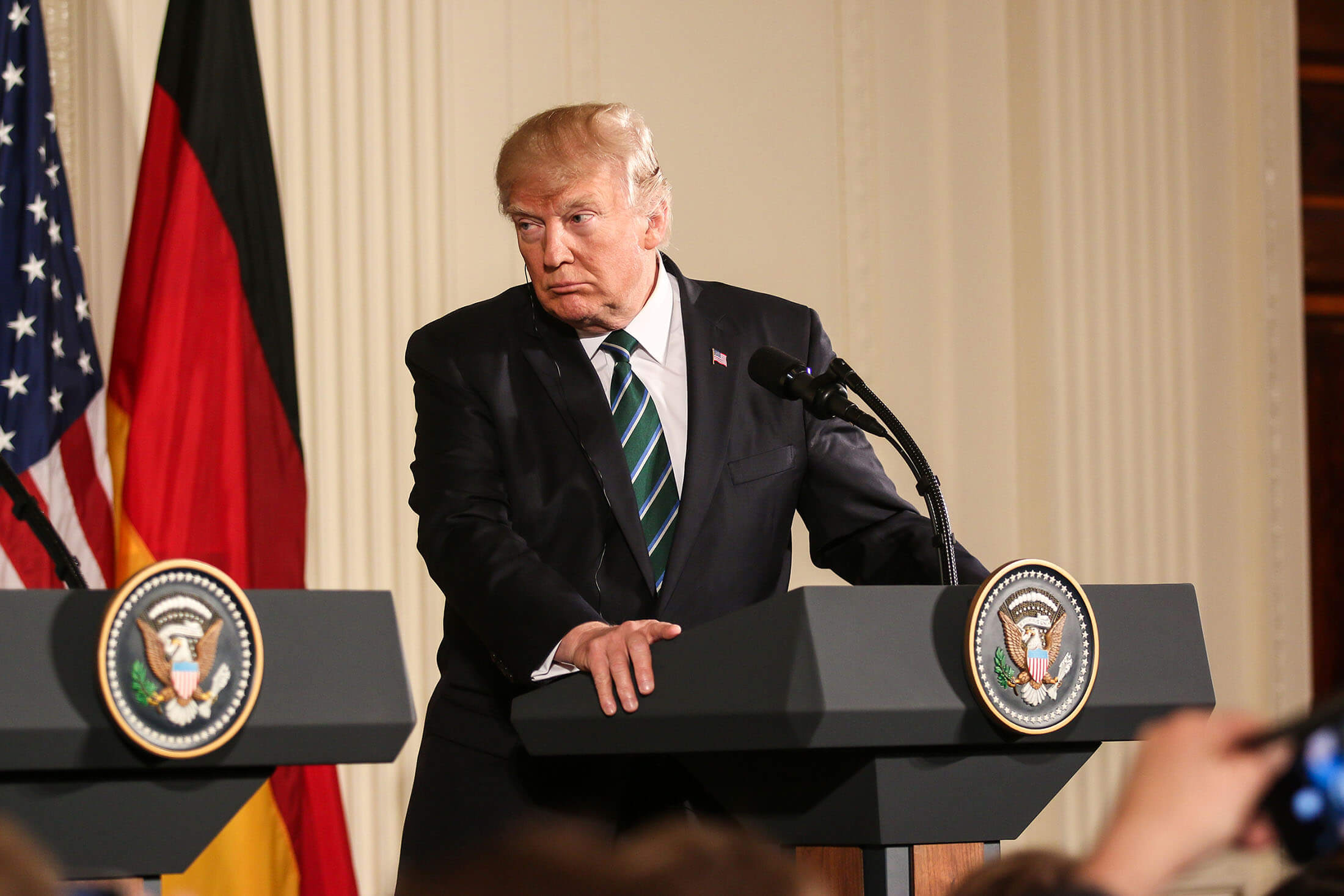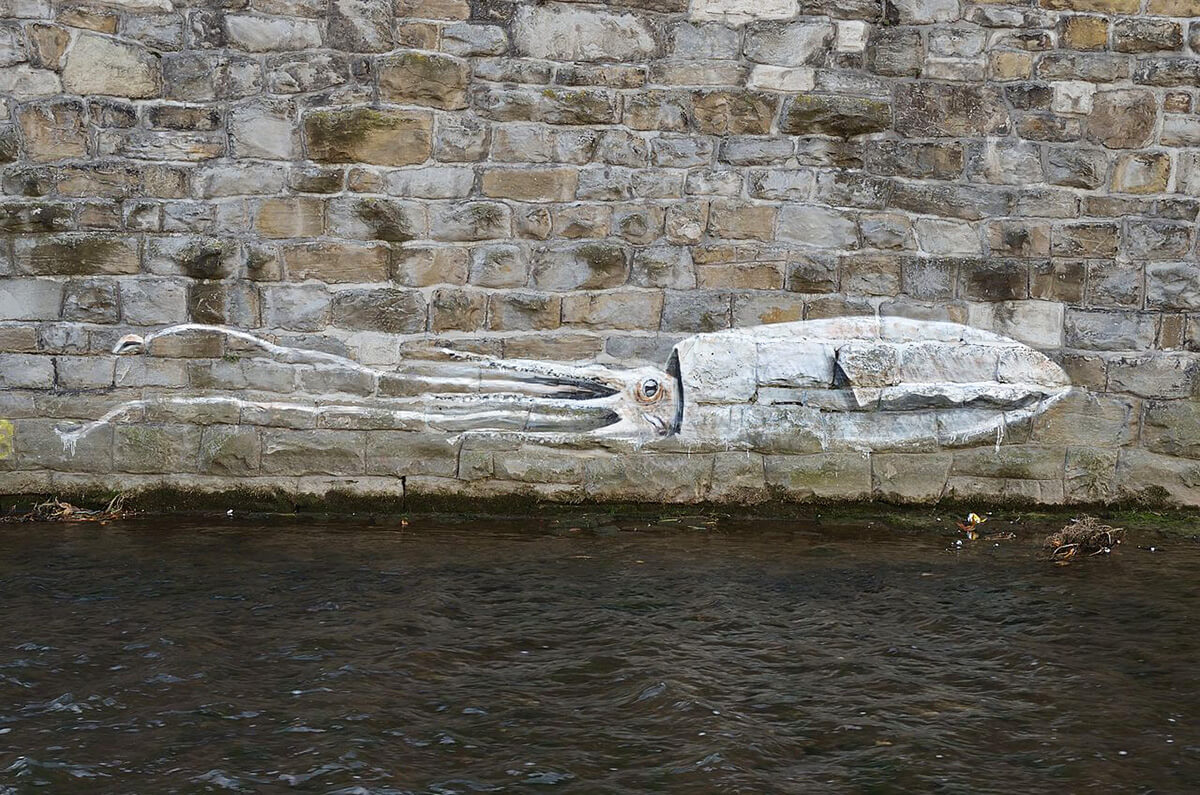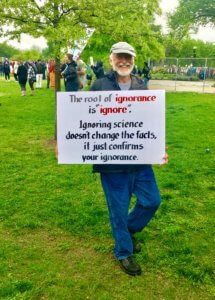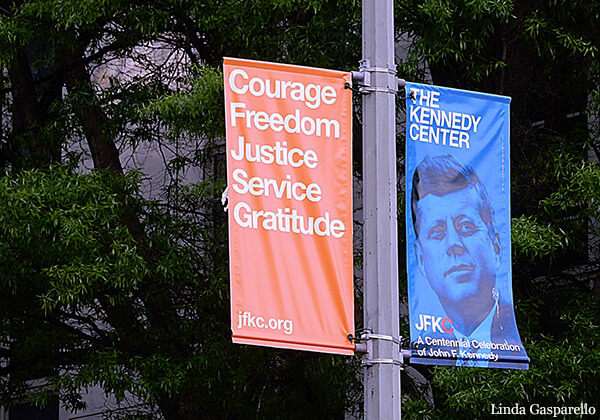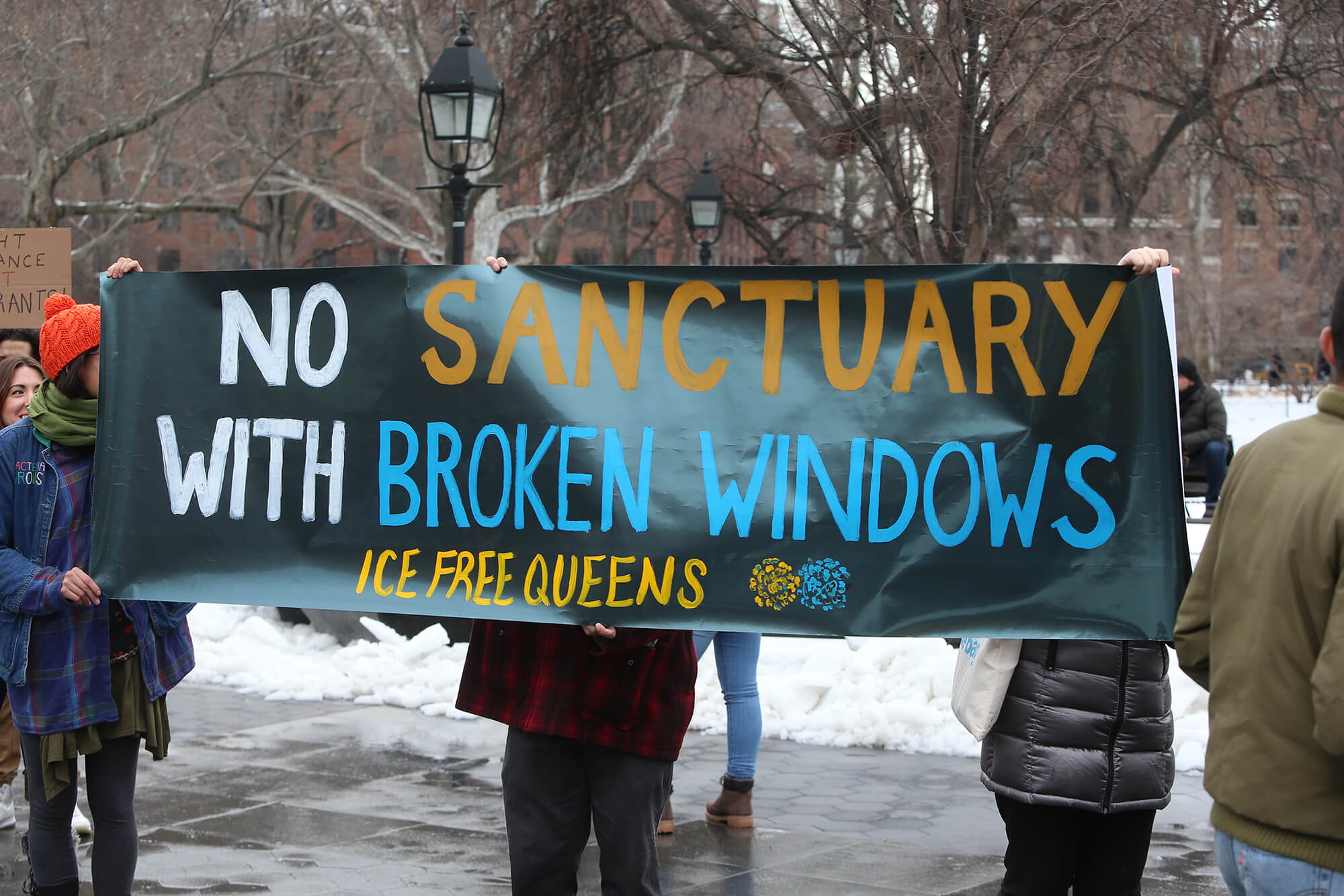I live in the Riverpoint section of West Warwick, R.I., which I call “Portugal on the Pawtuxet River.” Riverpoint has a Portuguese American Citizens Club; the Jerry’s supermarket stocks Portuguese food brands, like Gonsalves; and there is a Portuguese bakery, Matos, in nearby Arctic Village – I recommend their three-bite, egg custard tarts, pasteis de nata.

Photo: Linda Gasparello
All around the circle at Riverpoint, but especially as you go up Providence Street to Arctic Village, you’ll see modest houses, each with baroque front yard landscaping: flowering cherry trees shaped like umbrellas, espaliered shrubs and statuary – especially Virgin Mary statues, either brightly painted or stark white.
Most of the Virgin Mary statues are adorned with plantings – often with perennials, like hostas, and sometimes with plastic flowers or small American and Portuguese flags.
In the backyard of a house near the Bradford Soap Works, there is an Our Lady of Grace statue: a Virgin Mary with outstretched arms, standing on the serpent Satan. The blue paint has largely peeled off her robe, but the snake hasn’t lost any of its black paint. It looks lifelike — and like it is headed into the poison ivy that is creeping closer to the statue.
Just off Riverpoint circle, there is a house where another Our Lady of Grace statue stands among well-tended hostas in a tiny plot along the driveway. I call her “Our Lady of the Hostas.”
I have a chit-chat friendship with the Portuguese American woman who lives there. Recently, when she saw me admiring the lush plants, she said, “I think Our Lady is smiling because the Pope has made saints of two Portuguese children.” She was referring to Pope Francis’s canonization of siblings Francisco and Jacinta Marto who, with their cousin Lucia Santos, reported that on March 13, 1917, the Virgin Mary made the first of six appearances to them while they grazed their sheep in Fatima, Portugal.
My favorite religious statue in Riverpoint is on East Main Street. It occupies the entire side yard of a house, where you’d expect to see a picnic table and benches or a circle of lawn chairs.
Actually, it is a tableau of brightly painted statues: a statue of Jesus is flanked by one of St. Anthony holding Baby Jesus and another of the Virgin Mary. Fourteen winged cherubs, hands clasped in prayer, stand at their feet. I can only surmise that the boys are dressed in blue, and the girls are dressed in pink.
Bygones Worth Remembering
My first encounter with the Portuguese wasn’t in Portugal. It was on a train from Paris to Dax in June 1968. I was 13 years old and I was headed to this spa town in southwestern France, whose thermal springs and mud baths have been noted for the cure of rheumatism since Roman times, when it was known as Aquae Tarbellicae. There I was to meet Monsieur and Mme. Albert Barrieu with whose family I would spend a few life-expanding summers.
The afternoon before I was to take the train to Dax, Madame Berri, who owned the suburban Paris agency that paired me with the Barrieus, warned me to get to the Gare d’Austerlitz early. “The trains to the southwest are crowded on Saturdays,” she said, handing me my ticket. It was going to be a long trip, over six hours, and I couldn’t wait to take it.
I was staying at a youth hostel at 11 rue du Fauconnier in the Marais – and 49 years later, the Hotel Fauconnier is one of three youth hostels in Paris. After a week in Paris, I was a Metro master; I knew it was about a 10-minute ride from the St. Paul station to the Gare d’Austerlitz. Even so, I packed my suitcase, showered and slept in my dress that Friday night. As I remember, I wanted to have more time to eat the breakfast the hostel laid out for the always-hungry youth: croissants, bread rolls, butter, apricot jam, and small bowls of coffee with hot milk.
Eating that breakfast turned out to be one of the smarter things I did that day.
I got to the station with a lot of time to spare. When my train was announced, I noticed that people where running down the platform and pushing into the cars, and shouting to each other in a language I couldn’t identify. I had a second-class ticket, and all those people seemed to be headed to second-class cars.
I couldn’t run fast because I was wearing wooden-soled clogs. By the time I climbed into one, all the seats in the compartments were taken – and all were taken in the other second-class cars.
As the train pulled out of the station, I placed my hard-sided, American Tourister suitcase in the aisle of one of the cars, and looked out the window. An unsympathetic conductor took my ticket and told me that I might have to stand a long time because “the train is filled with Portuguese, who are going back home for their national holiday.”
Clogs were the right shoes for standing for hours. I was alternately standing and looking out the window, or sitting on my suitcase looking at the Portuguese family across the aisle in a compartment.
About two hours into the trip, the father pulled down a couple of suitcases from the overhead racks. Out came the bread, the sausage, the cheese, the fruit and the wine.
A girl about my age asked her mother something. Then, through the open compartment door, she asked me in French if I wanted some of their lunch. I thanked her and helped myself to some bread and cheese. It was the first time I had eaten a papa seco – a soft, baby bottom-shaped roll. Poof went my memory of the hostel’s petits pains.
The train arrived in Dax in the late afternoon. I got off and waited for M. and Mme. Barrieu on the platform, as Mme. Berri had told me to do. A blonde woman accompanied by a teenaged girl looked at me for a while. They spoke with each other, shook their heads and walked away. No one was left on the platform but me, so I took a seat – and I was happy to do so.
After a couple of hours, the station manager approached me. “Are you still waiting for someone?” he asked.
I told him that I was supposed to be picked up by Monsieur and Mme. Albert Barrieu who live in Pouillon. “It is a village not far from here. Do you have a telephone number?”
Just as I was reaching into my dress pocket to get it, I saw the blonde woman with the teenager walking toward us.
“Are you Linda?” she asked.
“Yes,” I said.
Mme. Barrieu’s blue eyes filled with tears of relief. “We are so sorry. We saw you, but we thought you were Dutch,” she said.
They were confused by the tag on my American Tourister suitcase, which looked like the flag of the Netherlands, and by my clogs.
All photos by Linda Gasparello
Linda Gasparello is the co-host of “White House Chronicle” on PBS. Her e-mail is lgasparello@kingpublishing.com

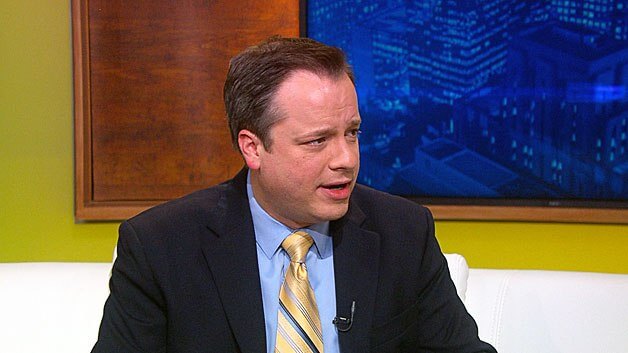
 The Arctic Playhouse, the little not-for-profit theater, located on the main street of Arctic Village in West Warwick, R.I., has a table for you.
The Arctic Playhouse, the little not-for-profit theater, located on the main street of Arctic Village in West Warwick, R.I., has a table for you.

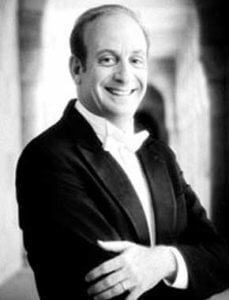 Last October, I was introduced to the Rhode Island Philharmonic Orchestra by a friend who sings with the Providence Singers. Under the superb direction of guest conductor Bramwell Tovey, the orchestra and singers performed Mozart’s “Requiem Mass in D Minor” on
Last October, I was introduced to the Rhode Island Philharmonic Orchestra by a friend who sings with the Providence Singers. Under the superb direction of guest conductor Bramwell Tovey, the orchestra and singers performed Mozart’s “Requiem Mass in D Minor” on 


